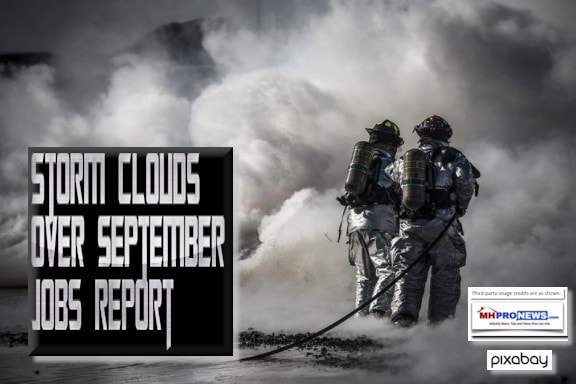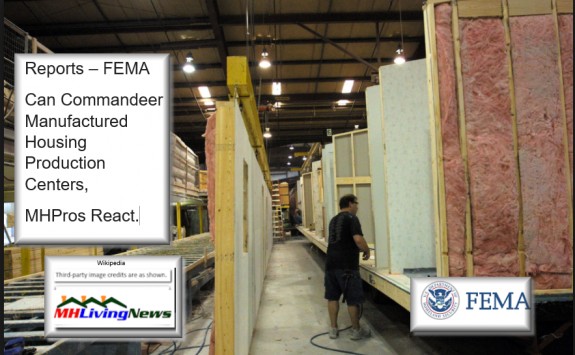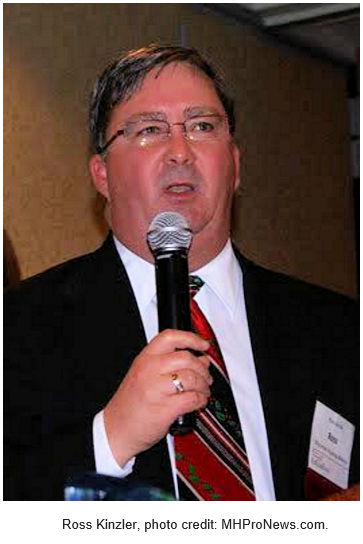
“The unemployment rate fell to 4.2 percent from 4.4 percent, the Labor Department said Friday, the lowest level since February 2001,” AP said.
Manufactured housing industry lenders have told MHProNews that the hurricanes are adding wrinkles to their collections processes, as those impacted by storms are struggling to regain their footing.
Sellers, as has been previously reported, are feeling a very different set of impacts as FEMA and longer wait times are adding to independent retailers stress.


“There is legitimate reason for concern,” Crawford told MHProNews. “If they [FEMA] commandeer a large portion of production/plants, all of us independents are going to feel that hit and, depending on your suppliers, that could be a BIG hit.”
Other retailers have said similarly, as was previously reported at this link here.
“We can see why FEMA buys direct from manufacturers to expedite new homes to those [storm victims] who lost their homes,” Rodriguez said. He is “Absolutely” sympathetic to the needs of those tens of thousands of hurricane victims.
“However,” the Tejas Homes leader asked, “who is looking out for the long-term viability of the [independent] retailer organizations?”
Public officials across the political divide are responding as they can, pointing operations to resources for home owners and businesses that may help. See a recent report, linked here.
More Impact from FEMA to Come?
Ross Kinzler told MHProNews that he expects other kinds of impact ahead on manufactured housing independents — producers, and retailers.
“Watch as the Harvey units flood back into the retail market in 24 to 36 months, depressing new home shipments,” Kinzler predicts.
If the past is any experience, the industry could go from feast to famine rapidly, if the proper steps aren’t taken.
“You can’t sell in bulk to FEMA…AND sell full price units later without taking a hit,” Kinzler said.

“Looking past the hurricanes’ impact, the job market and economy generally look healthy,” the Washington Times said. “Some economists expect job growth to rebound in the coming months as businesses in the area reopen and construction companies ramp up repair and renovation work.”
That statement dovetails with a Daily Business News report on expectations of manufacturers.
One manufacturing trade group predicted this September slam on jobs, but said that the longer term outlook for the 4th quarter in the U.S. was brighter. See that report, linked here.
But short term, there will be pain, experts say.
“Roughly 1.5 million people were unable to work last month because of the weather, the government said, the most in 20 years,” per the U.S. Labor Department and the Washington Times.
These facts underscore why Juanita Duggan, president of the National Federation of Independent Business (NFIB), has stressed the urgency of tax reform, to boost the economy and spark the economic growth that might lift the U.S. economy past debt and other looming economic challenges. ## (News, analysis.)
(Image credits are as shown above, and when provided by third parties, are shared under fair use guidelines.)




























